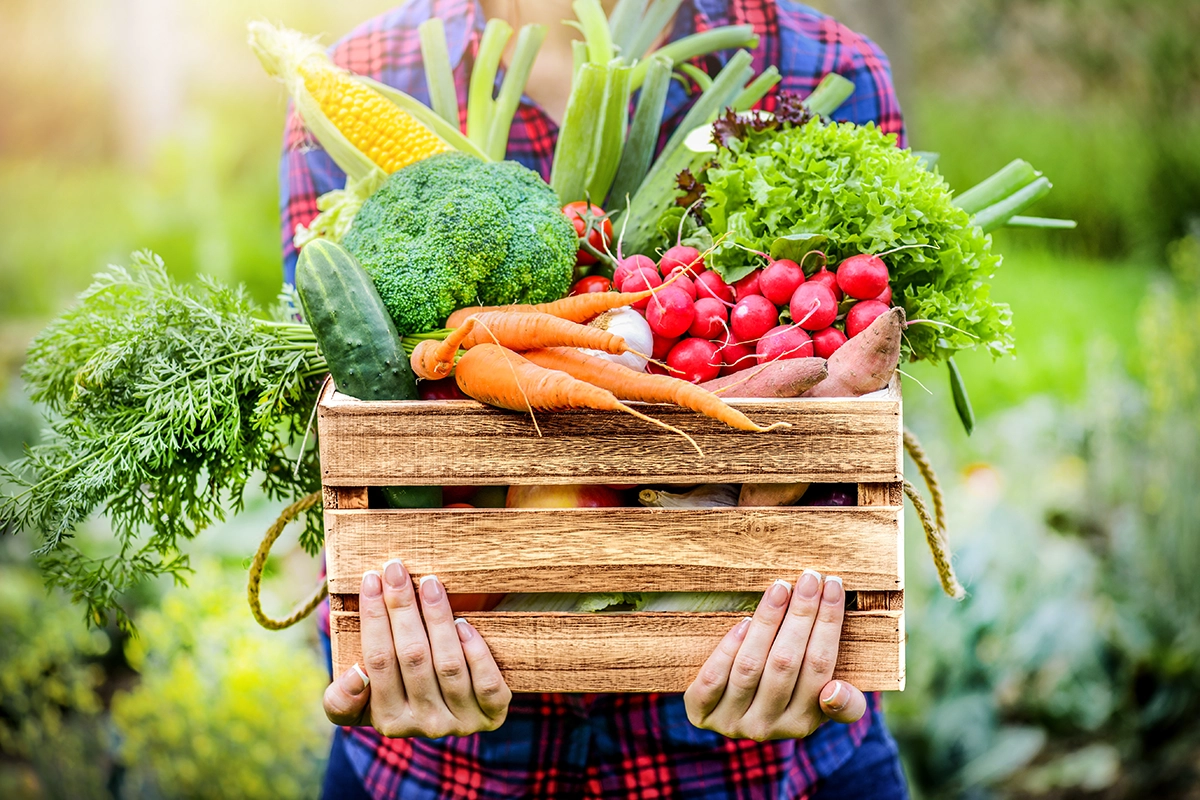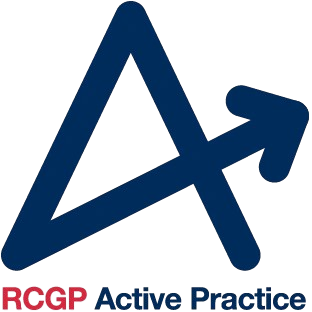We use cookies to help provide you with the best possible online experience.
By using this site, you agree that we may store and access cookies on your device. Cookie policy.
Cookie settings.
Functional Cookies
Functional Cookies are enabled by default at all times so that we can save your preferences for cookie settings and ensure site works and delivers best experience.
3rd Party Cookies
This website uses Google Analytics to collect anonymous information such as the number of visitors to the site, and the most popular pages.
Keeping this cookie enabled helps us to improve our website.

Low-Carb Diet
You might have been recommended, or heard about, trying a ‘low-carb diet’ for type 2 diabetes (T2DM)? There is good evidence that for some people with T2DM it can really improve your blood sugar levels and help weight loss.
The main principle is that starchy carbohydrates, such as bread & pasta, get broken down into surprising amounts of sugar. It is important to remember, however, that the best diet for you is always the one that you can stick with, and the general principles of a healthy balanced diet remain the most important. On this diet it can be difficult to know what foods contain the most carbohydrate and what should be avoided.
We’ve had a go at making it as simple as possible for you…
Here are our 10 top tips
Remember making changes can be difficult - why not start by trying one or two and see how you feel?
- Try cutting out the ‘White Stuff’ like bread, rice, pasta, potato, crackers and cereals.
- All green & coloured vegetables are great – try basing your meals around these. You can eat as much as you like!
- Eat healthy proteins such as beans, pulses and lentils.
- Healthy fats are OK – our bodies need these. Extra Virgin Olive Oil should probably be considered a health food and is far and away the healthiest oil to cook with.
- Beware of ‘low fat’ foods which often have sugars, artificial flavourings and artificial sweeteners added to actually make them less healthy than the more natural ‘full fat’ product (yoghurt is a great example – go for the unflavoured full fat Greek stuff).
- Small amounts of meat are allowed on this diet. Unfortunately, you get what you pay for and generally the more expensive the meat, the better it is for you and the planet. It should be expensive – so try eating smaller amounts of higher quality local meat.
- Try and avoid processed meats such as bacon, ham, sausages and salami.
- Fish – especially oily fish like salmon, mackerel or tuna can be eaten freely.
- Most alcoholic drinks are made by fermenting carbohydrate and should be avoided. Dr David Unwin describes them as ‘liquid toast’ – sounds grim so best avoid!!
- Unsalted nuts are a great option to add flavour & texture to meals and help you feel full.
- ….never trust a Top 10 Tips that has 11 items - but remember the general principles of healthy balanced eating such as the importance of when & how you eat!


